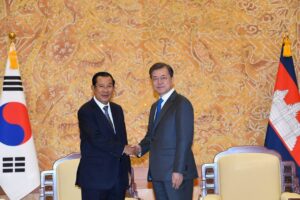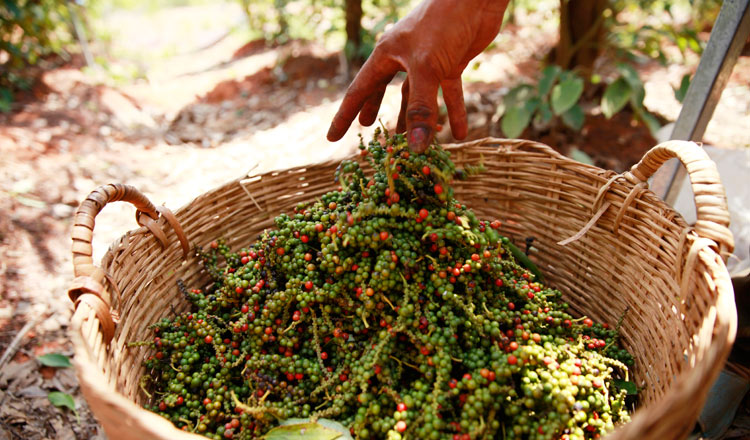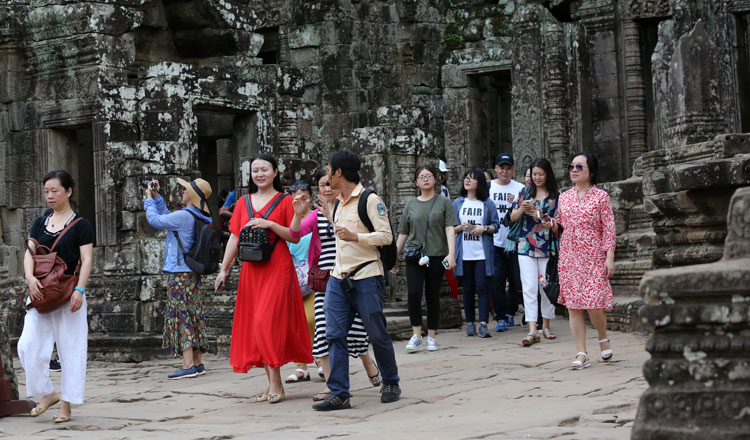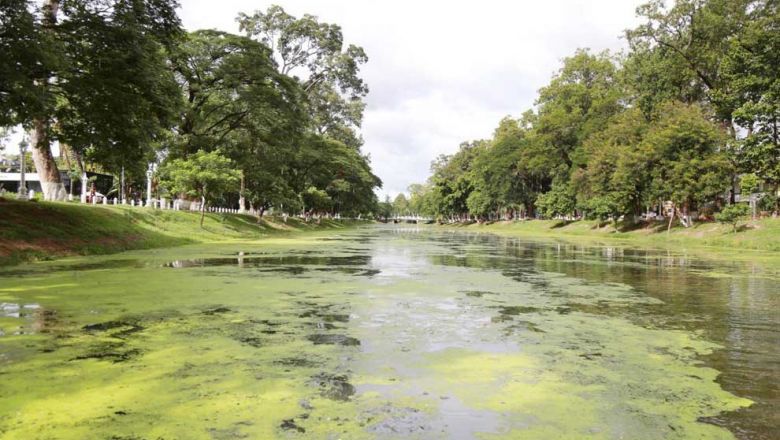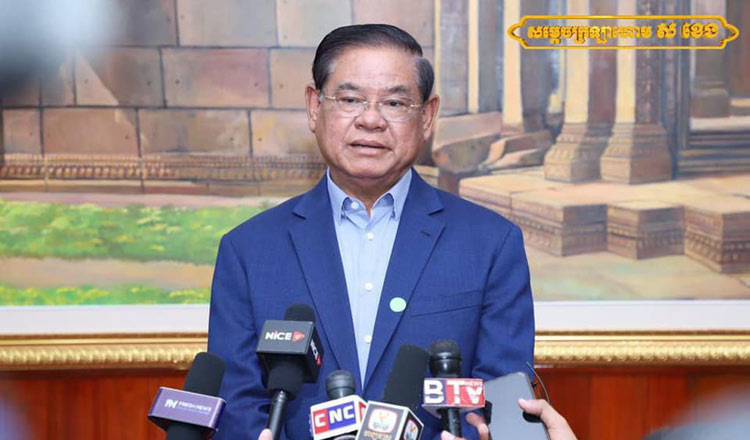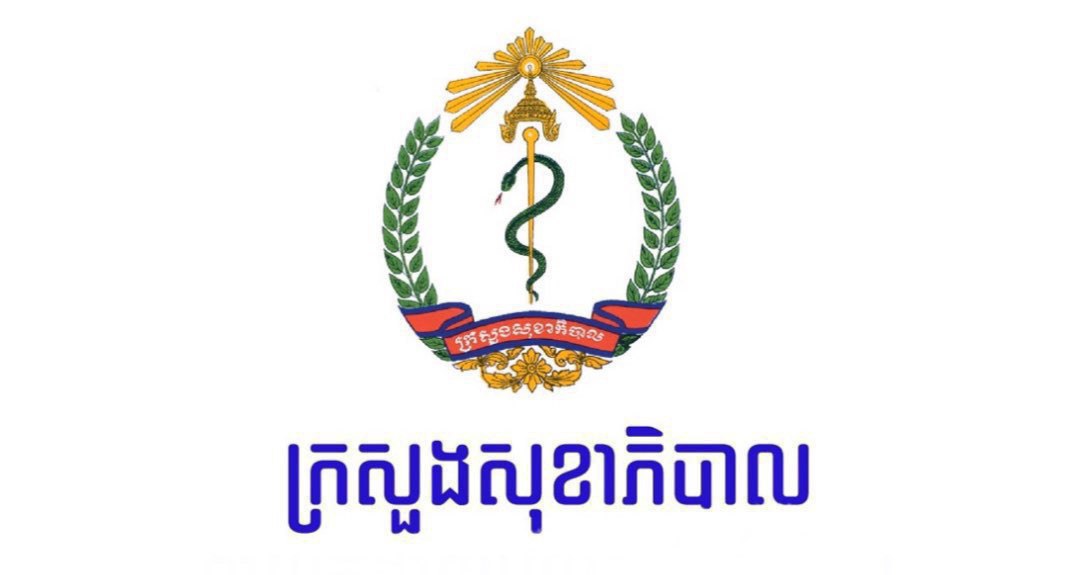Cambodia rejects latest UN rights report
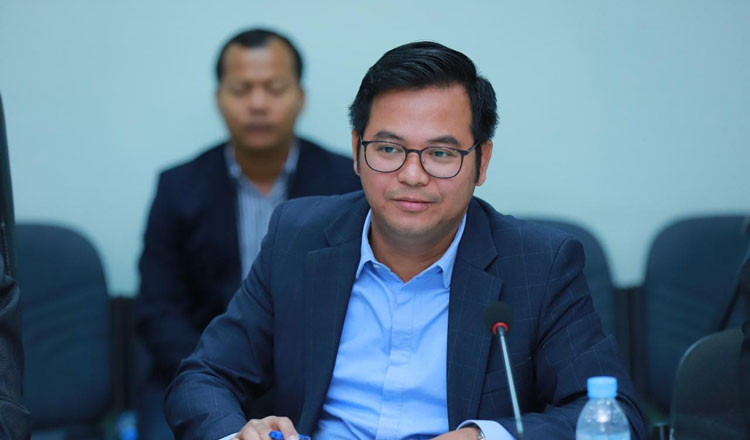 Chin Malin, secretary of state and spokesman for the Ministry of Justice. Cambodian Human Rights Committee
Chin Malin, secretary of state and spokesman for the Ministry of Justice. Cambodian Human Rights Committee
The Cambodian Human Rights Committee has said that a UN Special Rapporteur’s report does not provide a sufficient and comprehensive basis for assessing the situation of human rights defenders in Cambodia.
Mary Lawlor, the Special Rapporteur on the situation of human rights defenders, on Monday expressed concerns about tightening restrictions on civil society in Cambodia, and called for an immediate end to the systematic detention and criminalisation of human rights defenders, as well as excessive use of force against them.
Chin Malin, vice president and spokesman of the Cambodian Human Rights Committee, said the report was not sufficient and comprehensive enough to conclude and assess the situation of human rights defenders in Cambodia, as the conclusions are based on the external image only, that is, when the authorities enforce the law on activists and their target groups.
“It is presumed to be a violation of human rights, but it does not analyse the actions of those target groups or whether it is a human rights defence or a crime,” he said.
Malin said that the government does not persecute human rights defenders, only takes legal action against the perpetrators based on the principles of democracy and the rule of law.
He said that the government wants the Special Rapporteur to study the law in Cambodia thoroughly and analyse information from all parties to avoid receiving one-sided information that accuses the government and issues statements without legal basis.
“The government encourages human rights defenders to abide by Cambodian law for the benefit of all, rather than for the benefit of their political parties and factions,” he added.
Malin said that the mercenary protests and the implementation of illegal plans of illegal organisations with malicious intent to cause unrest, and harm social security and public order do not protect human rights.
The executive director of Transparency International Cambodia, Pech Pisey, told Khmer Times yesterday that UN officials often use information that can be obtained officially from institutions or organisations that specialise in human rights.
“They generally use the information cautiously to substantiate their claims,” he said.
He added that they often meet with the experts in the field and also check the situation themselves. UN officials are very careful in judging the human rights situation.
“I can accept the arguments of UN officials, not only in Cambodia but also in other countries. What we should focus on is evaluating the credibility of the report, and if there is a point where we can take part in solving a problem, it would be better than arguing that the report is not good or unfair,” Pisey said.
“I think the government, relevant partners, the United Nations and civil society organisations working in the field of human rights should find a way to talk to address the challenges that Cambodia is facing, because human rights is one of the most important issues. It can affect the rule of law, governance, as well as the Cambodian economy, because investment from the West requires the country to respect the law, human rights and the labour laws,” he added.
Lawlor reported that at least 21 human rights defenders have been subjected to threats, arbitrary arrests and detentions in the past three months.
Lawlor also expressed concerns about the detention of environmental defenders, the use of violence against families of detained activists, and the case of a Buddhist monk who was defrocked for his human rights activities. Another two human rights defenders monitoring a demonstration were threatened for filming the arrest of peaceful protesters. Trade union leaders were also subjected to threats over their plans to strike, and some civil society groups say they have been harassed at their offices by visiting officials.
Credited: Khmer Times

